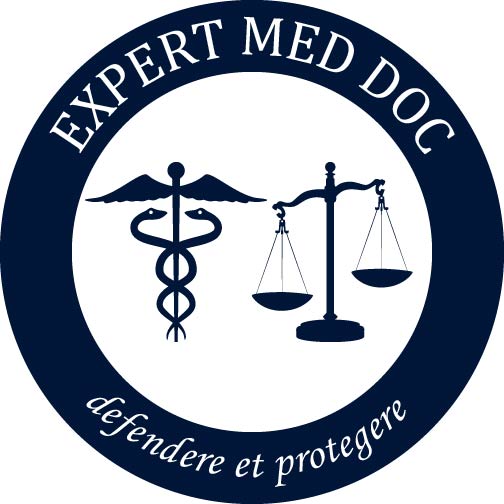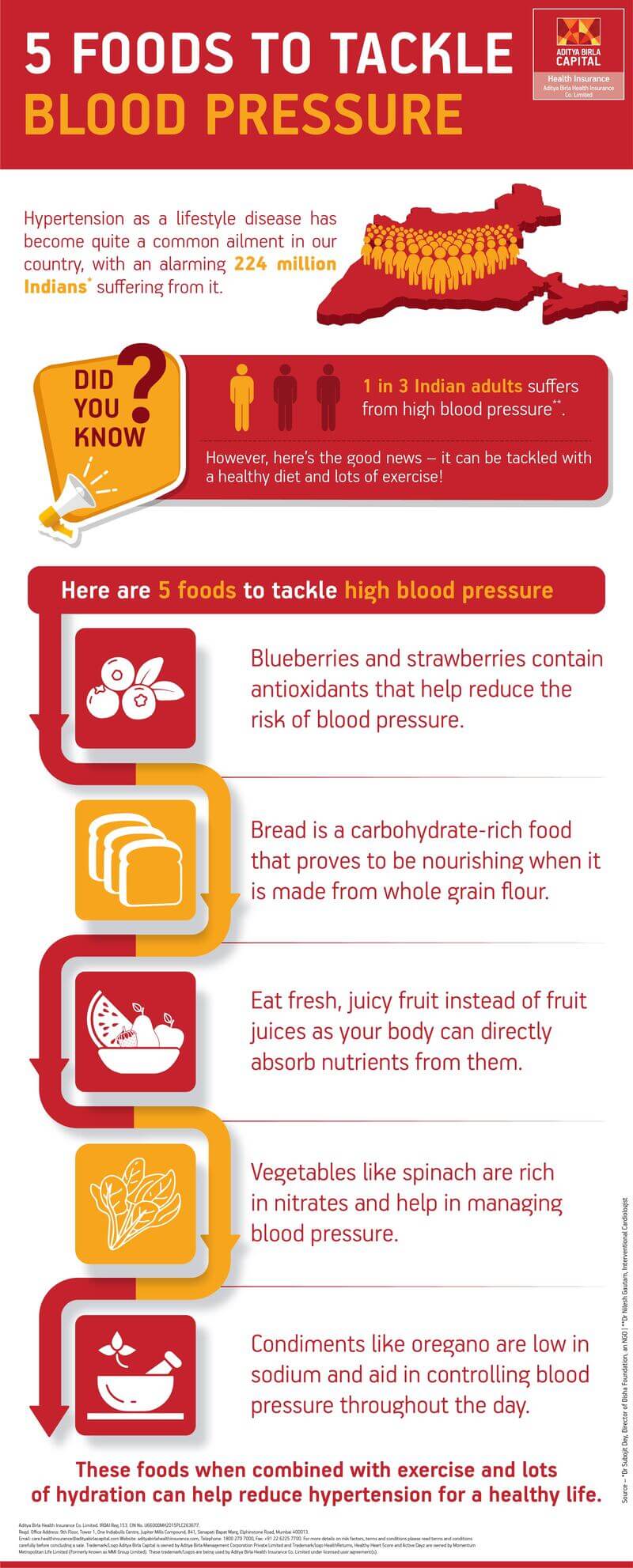
Orthorexia nervosa is a form of eating disorder. It can be a severe disorder and affect your physical and mental health. Orthorexia can manifest as obsessive thoughts or actions regarding food. There is no definitive treatment. However, treatment can help the individual recover from the disorder.
People with orthorexia will only start with one or two foods. They will spend a lot time researching and learning about various foods. The diet will be more restrictive over time. This could include limiting sugars and carbohydrates, dairy products, and animal product consumption. An orthorexic might also be more likely not to eat seafood or gluten.
Orthorexia sufferers tend to be extremely perfectionist. They will often categorize foods as good or bad. People will feel embarrassed and guilty when they break a rule. These individuals can be very secluded. Others may not want to socialize with them. This can result in isolation and depression.

Orthorexia sufferers will need to be able to pinpoint the root cause of their obsession during treatment. This is often a very complex process. Clients can learn to be more open-minded about food by learning the root cause of their unhealthy eating habits. You will also need emotional help to overcome the obsession.
Some people with orthorexia are so concerned with their diet that they will avoid any activity that might involve food. Some people with orthorexia may be afraid of eating out, even when they're with friends. Because of their focus on healthy eating, their stress levels increase. In turn, they may become deficient in nutrients.
Although it isn't clear what causes orthorexia, some factors may be associated with the disorder. These factors include social expectations of healthy eating, the societal value of healthy foods, and a desire for control. People with orthorexia are usually middle-class. They are typically male between the ages 30 and 40. Their education levels range between intermediate and high. The DSM-5 doesn't include orthorexia as a diagnosis, but it does list a range of disorders called OSFED.
Orthorexia's core beliefs are all about purity of food. Another reason for this disorder is the belief that one's health, and self-esteem, depend on eating a healthy diet. Even though the rules are strict, they can become a bit too harsh.

If the rules are broken it can lead you to feeling anxious, guilty, or ashamed. This can increase suicidal thoughttion. Orthorexics often feel isolated. This is why they might limit social activities or cut off loved ones.
Orthorexia is not a cure. However, some people find exposure therapy helpful. Exposure therapy involves slowly exposing clients to dangerous foods. It can begin by eating just a small amount of the fear foods, depending on the client. They may eventually be able go to the exact same room as the fear food.
FAQ
How can you live your best life every day?
It is important to identify what makes you happy. Once you are clear about what makes you happy and satisfied, you can move on to the next step. You can also ask other people how they live their best lives every day.
You can also read books like "How to Live Your Best Life" by Dr. Wayne Dyer. He talks about how to find happiness and fulfillment at all stages of our lives.
How often should I exercise?
It is important to exercise for a healthy lifestyle. However, there's no time limit on how much you should exercise. The key is finding something you enjoy and stick with it.
If you work out three times a week, then aim to complete 20-30 minutes of moderate intensity physical activity. Moderate intensity is when you still have to breathe hard after the workout. This type workout burns about 300 calories.
Walking is a great option if you are a keen walker. You can do 10-minute walks four days per week. Walking is easy on the joints and has low impact.
Jogging for 15 minutes three days a week is a good option if you prefer to run. Running is a great way to burn off excess calories and build muscle tone.
Start slow if it's your first time exercising. You can start with only 5 minutes per week of cardio. Gradually increase your cardio duration until reaching your goal.
What are 10 healthy behaviors?
-
Get breakfast every morning.
-
Don't skip meals.
-
Maintain a balanced diet.
-
Drink lots of water.
-
Take care of your body.
-
Get enough sleep.
-
Avoid junk food.
-
Get at least one form of exercise each day.
-
Have fun
-
Make new friends
What is the difference between a virus and a bacterium?
A virus is a microscopic organism which cannot reproduce outside of its host cell. A bacterium is a single-celled organism that reproduces by splitting itself in two. Viruses are small, around 20 nanometers in size. Bacteria are much larger, at 1 micron.
Viruses can be spread by contact with bodily fluids containing infected substances, such as saliva, urine and semen. Bacteria are usually spread through direct contact with contaminated objects or surfaces.
Viral infections may enter the body through cuts, scrapes. bites and other skin breaks. They can also enter the body through the nose and mouth, eyes, ears or rectum.
Bacteria can get into our bodies through cuts, scrapes and burns, insect bites, or other skin breaks. They can also be introduced to our bodies by food, water and soil.
Both bacteria as well as viruses can cause illness. Viruses can not multiply in the host. Infecting living cells is what causes them to become sick.
Bacteria can grow in their hosts and cause disease. They can infiltrate other parts of the body. That's why we need antibiotics to kill them.
Why does weight change as we age?
How do you tell if there are any changes in your bodyweight?
A person who has less body fat than their muscle mass will experience weight loss. This means that calories must be consumed at a rate greater than energy. Low activity levels are the leading cause for weight loss. You can also lose weight due to stress, illness, pregnancy, hormonal imbalances and certain medications. When more fat is consumed than muscle mass, weight gain occurs. It occurs when people eat more calories each day than they use. Common reasons include overeating, increased physical activity, and hormonal changes.
The main reason why our bodies lose weight is because we consume fewer calories than we burn. The main reason we lose weight is because we exercise more often. This increases our metabolism rate and burns more calories each day. This does not necessarily mean that we will get thinner. All that matters is whether we are losing or gaining weight. If we are burning more calories than what we eat, then we will lose weight. But if we're consuming more calories than we're burning, then we're actually storing them as fat.
As we age, our ability to move around is slower and we are less mobile. We also tend have less food to eat than we did when younger. As a result, we gain weight. However, our muscle mass is more important than our actual size.
There is no way to measure how much weight your body has lost without weighing yourself every week. There are many ways you can measure your weight. You can measure your waist, your hips and your thighs. Some people prefer to use bathroom scales while others like to use tape measures.
If you want to track your progress, you should try weighing yourself once a week and measuring your waistline once a month. To see how far you have come, you can take photos of yourself every few month.
Online, you can find out your height and weight. If you are 5'10' tall and weigh 180lbs, your weight would be 180.
What is the best way to eat?
The best diet for you depends on several factors, like your age, gender, weight, health conditions, and lifestyle habits. You also need to consider how much energy you expend during exercise, whether you prefer low-calorie foods, and if you enjoy eating fruits and vegetables.
If you are trying to lose weight, then you may want to try intermittent fasting. Intermittent fasting allows you to consume only specific meals throughout your day rather than three large meals. You might find this way to be more beneficial than traditional diets, which have daily calorie counts.
Studies have shown that intermittent fasting can improve insulin sensitivity and decrease inflammation. This could lead to lower blood sugar levels and a reduced risk of developing diabetes. Other studies suggest that intermittent fasting could promote fat reduction and improve overall body structure.
Statistics
- According to the 2020 Dietary Guidelines for Americans, a balanced diet high in fruits and vegetables, lean protein, low-fat dairy and whole grains is needed for optimal energy. (mayoclinichealthsystem.org)
- Extra virgin olive oil may benefit heart health, as people who consume it have a lower risk for dying from heart attacks and strokes according to some evidence (57Trusted Source (healthline.com)
- nutrients.[17]X Research sourceWhole grains to try include: 100% whole wheat pasta and bread, brown rice, whole grain oats, farro, millet, quinoa, and barley. (wikihow.com)
- This article received 11 testimonials and 86% of readers who voted found it helpful, earning it our reader-approved status. (wikihow.com)
External Links
How To
How to stay motivated and stick to healthy eating habits and exercise
Tips for staying healthy and motivated
Motivational Tips to Stay Healthy
-
Make a list of your goals
-
Realistic goals
-
Be consistent
-
When you achieve your goal, be kind to yourself
-
Don't give up if you fail at first
-
Have fun